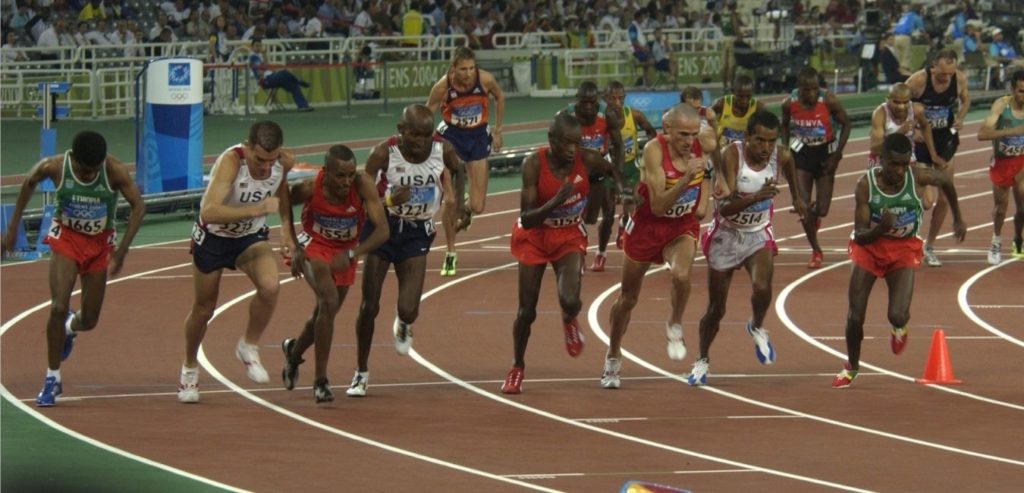Understanding and communicating with each other creates the strong relationships which are the backbone of effective, productive and outstanding teams.

We recently saw a pair of terrific teams at work in the Euro 2020 final. Both were very different. One was older with the confidence of experience, the other younger and greener with the confidence of youth. However, what they have in common is years of investment and meticulous preparation. Neither team was thrown together and simply expected to perform, to just get on with it. In their leaders, Southgate and Mancini, were decades of success and loss, highs and lows, that provided the direction each team needed, and the underlying organisational structure which enabled leaders and teams to thrive.
Preparation is critical to the success of outstanding teams
We now turn to Tokyo to watch the greatest of all team events – the summer Olympics. Years of work from athletes, coaches and governing bodies culminate here. Although this is strictly speaking not true. This is the culmination of just one chapter, the storyline for subsequent chapters has already been written. The next national team is already waiting in the wings.
What we can learn from this is that long term preparation is critical to the success of a team.
- Consider and improve every facet of team performance.
- Communicate with awareness and regulation.
- Show a respectful regard for others.
- Understand what motivates each individual team member, even when there isn’t the adrenaline of a deadline to meet or medal to strive for.
- Identify where to improve resilience, especially when under pressure. Work with personal strengths to make improvements and support each other in weaker areas.
Having a better understanding of the personalities and soft skills of our colleagues and leaders helps us all to better interpret their actions and reactions. For instance, a lack of confidence could easily come across to the rest of the team as lacking purpose or negativity. In this instance, instead of focusing on the negative, work with the individual to develop their self-confidence to see greater autonomy and productivity shine through. This however, will not happen overnight. It will take time, there may be setbacks, but it will be worth it to have a team member who is able to perform at their best.
Develop outstanding teams with external support
Make discoveries such as this using facilitated team sessions. An external facilitator is well placed to draw out discussion in teams in a safe way using data from flowprofiler® team reports and McQuaig Team Effectiveness reports. These facilitated team sessions enable and empower teams to make often very small changes that go on to have great impact. Making these changes as a group delivers better results than when individuals are left to develop in their own silo. This silo culture is of course a negative result of the home workplace and the cause of workplace relationship breakdown.
While team raft-making and days out can be fun (for some), and certainly have their place, it’s these team sessions that are the real basis of team building. Not just for the team as it currently stands, but they also create a solid base for new team members to join. No new hire would want to try to break into a back-biting clique, but everyone would want to join a happy and healthy family which welcomes and supports newcomers.
A team can only be good as the relationships within it
This brings us back round to sport. Witness the elder statesman (at the grand old age of 27) Harry Kane as he supported the 19-year-old Bukaya Saka. Or look at the oldest GB competitor at the Tokyo Olympics Carl Hester (54yrs), mentor and coach for nearly 15 years to the multi-gold medal winner Charlotte Dujardin. A team can only be good as the relationships within it and the leaders who set the tone, whether that’s on the pitch, in the training arena or behind the scenes. Strengthen your workplace relationships to create, sustain and celebrate outstanding teams.
Contact us to learn how to create, sustain and celebrate outstanding teams in your organisation.
flowprofiler® and associated marks are registered trademarks of Chalmers International Limited | All rights reserved
eqflow® and associated marks are registered trademarks of Chalmers International Limited | All rights reserved
resilienceflow® and associated marks are registered trademarks of Chalmers International Limited | All rights reserved
motivationflow® and associated marks are registered trademarks of Chalmers International Limited | All rights reserved





